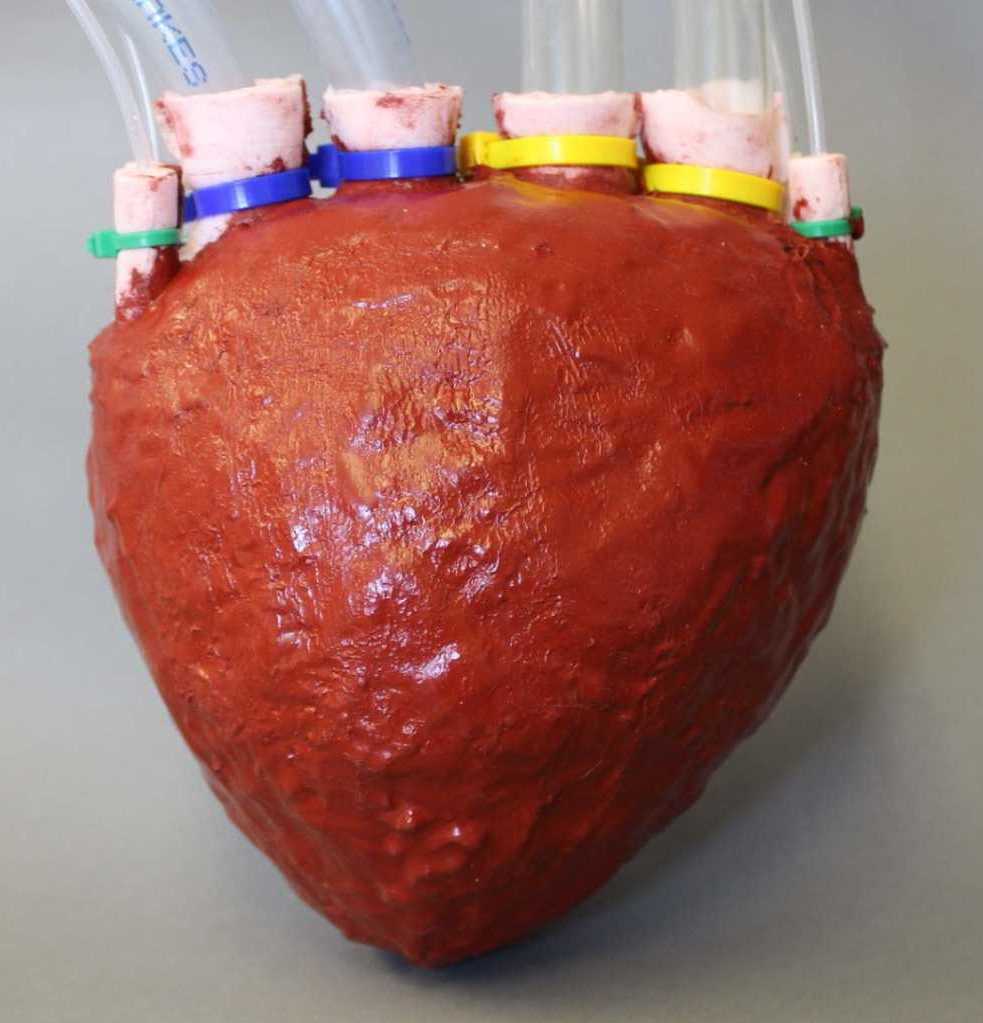Strawberry-shaped foam heart could revolutionise transplant surgery
Scientists have created an artificial heart made of foam that could be better than existing devices at pumping blood around the body. Typical artificial hearts are solid blocks of machinery, but the new device is made of a new stretchy, lightweight material with the consistency of memory foam. The material can be formed into any shape, and has connected pores that allow fluids to be pumped through it efficiently.
(Testing) shows the three-dimensional complexity we can get from our process … we believe it has the potential, after further development, to be a viable replacement for a heart.
Assistant professor Rob Shepherd
The polymer foam starts out as a liquid and can be poured into a mould to create a range of shapes. Known as elastomer foam, it can move and change its length by up to 300%. New York's Cornell University mechanical and aerospace engineering team used the foam to design the artificial heart, with carbon fibre used in the outer shell. One of the benefits of creating organs out the material is that it’s easily customised for individual patients. The researchers are working with medical researchers to make their hearts biocompatible so that they can be used as replacement organs.

Health foam heart